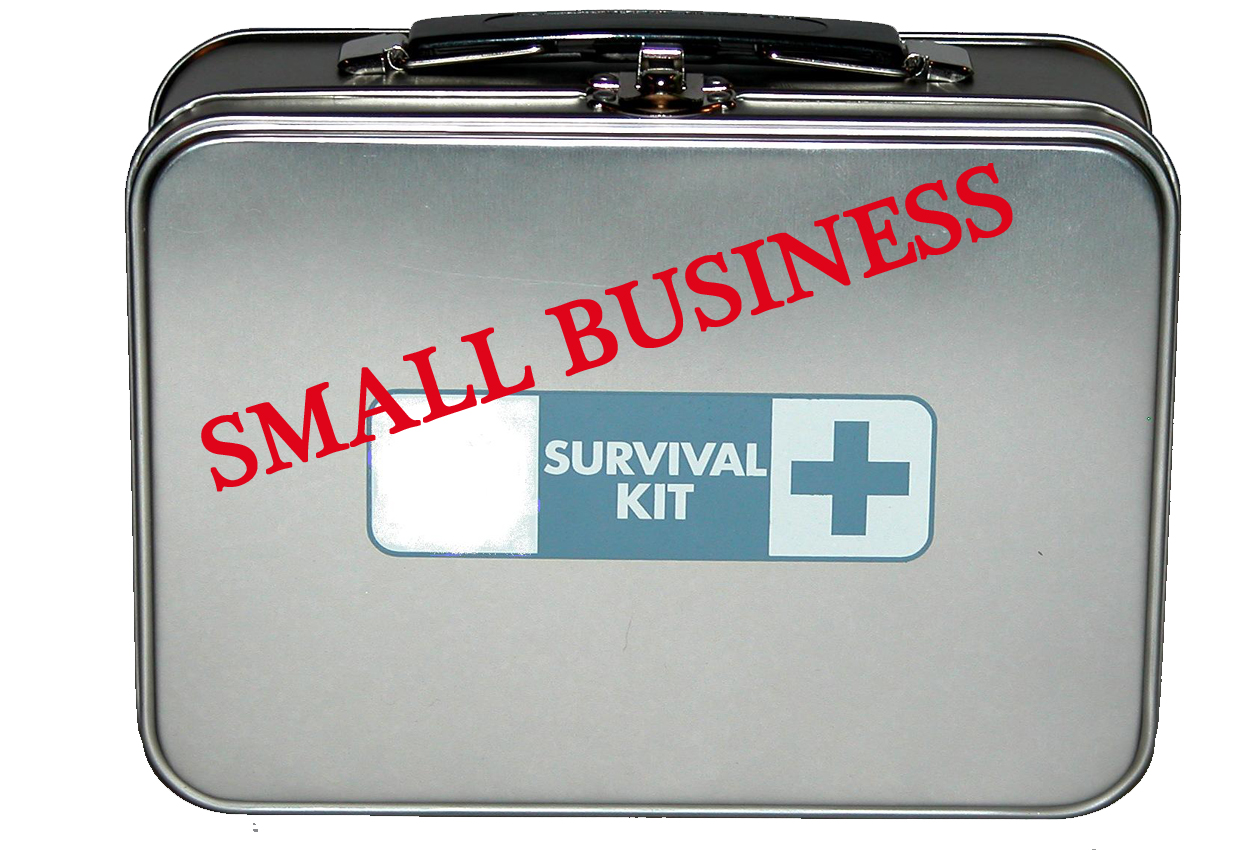Blasingame’s 2nd Law of Small Business states: It’s redundant to say “under-capitalized small business.”
Growing small businesses operate in the narrow danger zone between the leading edge and the bleeding edge of the marketplace, and since our capital reserves and options are limited, every small business CEO makes decisions every day that are at once as much about survival as success.
Operate for Survival
Here are four “operate for survival” objectives to do that will serve you well this year, followed by four “plan for success” ideas.
1. Cash used to be King, today it’s the Emperor. Ask employees to find and cut waste. Get them involved in reviewing operational processes and eliminate or tighten up inefficient ones. What’s their motivation? How about job security? Watch the pennies and the dollars will take care of themselves.
2. Stay close to accounts receivables and cash management. Many tasks can and should be delegated, but in a small business, whether you’re growing or just holding on, cash management is not one of them.
3. Declare war on excess inventory. Inventory is cash you can’t spend until a customer pays for it. Practice Just-In-Time (JIT) inventory management, not just-in-case.
4. Stay close to customers. This isn’t complicated: Ask customers what they want and then give it to them. We’re in the Age of the Customer – know your customers’ expectations.
Plan for Success
Since opportunities will present themselves over the next year, here are four “plan for success” thoughts to consider as you take risks:
1. Eyes wide open. The marketplace we’re entering is going to look different than last year. That means opportunities – and threats – will look different, too.
2. Measure twice, cut once. Before taking a big growth step, apply the carpenter’s rule. Don’t scrimp on due diligence: check your assumptions, recheck your assumptions and then proceed with the best information you have, which might tell you to stop.
3. Mistakes are expensive. Can your capital picture support inevitable mistakes and/or surprises? Remember, there is a very fine line separating opportunity at the leading edge and the cash-eating bleeding edge.
4. Make your banker your partner. Keep him or her informed whether the news is good or bad – especially the bad. Remember this: An uninformed banker is a scared banker and no one ever got any help out of a scared banker.
Successful small business CEOs operate for survival while planning for success.





